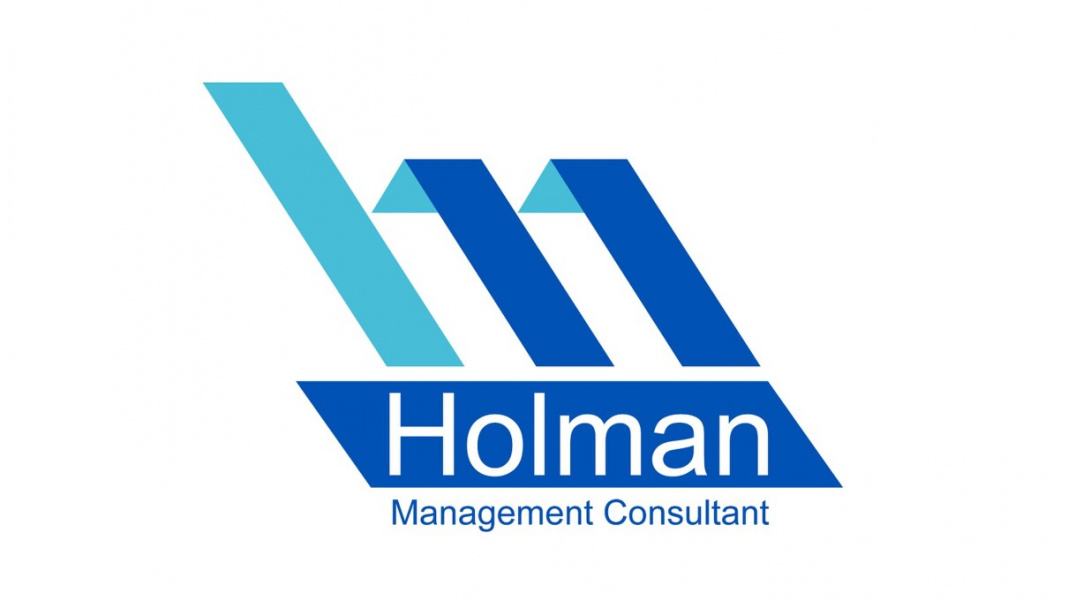
Closing your business can be stressful. But there are steps that you can take to make it go smoothly. Complying with employment laws, and consulting with stakeholders, are important. Also, ensure that your employees are paid on their last day of work to avoid any potential lawsuits. Listed below are some tips to follow to successfully close your business. These tips are intended to help you navigate the transition and prevent unnecessary stress and confusion. It's not as difficult as you might think.
Follow all applicable employment and labor laws
Small business owners must comply with all labor laws. This is critical for your continued success. While many employers find it tedious to comply with these laws, avoiding a lawsuit can save you time and money. The Equal Employment Opportunity Commission provides a guide for defining employees that can assist you in determining the appropriate status of your employees. Additionally, be aware of the age requirements and federal laws regarding discrimination. You may be required to comply with the Age Discrimination in Employment Act if your business employs over 20 people. For further information, visit your state's Department of Labor website.

Talk to stakeholders
Stakeholders refer to people who own, manage, or are interested in a company. They could be customers, investors or employees. It is vital to consult with these individuals and groups to develop a plan that works for all. Here are some ideas for stakeholders to consult. You might be surprised to find that some stakeholders are even more valuable than what you imagine.
Last day to pay employees
There are many reasons for a temporary business closing, including extreme weather conditions, natural disasters, and emergencies. While exempt employees can only be paid for the time they work, employees who are not exempt are paid for all hours. Non-exempt employees might be eligible to receive paid time off in order to make up for lost wages. In these cases, the last day of business is considered the normal working day. If a business cannot stay open for a week, however, the employee must still be paid a salary on the last day of the week.
Avoid lawsuits
The threat of serious business litigation may force an owner to shut down their business. These cases highlight the importance of avoiding lawsuits. Even the most meticulous business owner can find himself in a courtroom, unable and unwilling to recover from the financial und reputational damage caused. The six tips below will help you avoid lawsuits.

Avoid late fees
A great way to avoid late fees when closing down your business is to pay off all outstanding accounts before you shut down. You should notify creditors that you are closing your business and make arrangements to pay off any outstanding debts. Once you have sent the final letter, let it be known that you have paid your business debts. It is also important to inform your customers of the impending closure.
FAQ
How long does it take for a consultant to be established?
Depending on your industry and background, the time required will vary. Most people start with just a few months of work before finding employment.
Some consultants, however, spend many years perfecting their skills before they find work.
What skills will I need to be a consultant?
An effective consultant must have strong interpersonal skills as well as analytical skills. This is essential because you will be working on projects that you don't know the details of. You will need to learn how you manage people and solve problems quickly.
A strong communication skill is also necessary. Most clients expect a reply within 24 hours. They assume that you won't respond if they don't hear from them within 24 hours. It is vital to inform them and make sure that they are fully informed.
How can I become a successful consultant
Find an area that you are passionate about. Building relationships is the next step. It is crucial to learn about your clients and understand their needs. Finally, you must deliver results.
While you don’t have to be the greatest at everything, you have to be better than everyone else. You need passion for what your do. It isn't enough just to say, "I'm going to be a consultant." You have to believe in yourself, and in what you are doing.
What can I anticipate from my consultant
You should hear back from your chosen consultant within a few days. They will usually ask for information about your company, including its mission, goals, products, services, budget, etc. After receiving this information, they will prepare a proposal outlining their scope of work, estimated timeline, fees, deliverables and milestones.
If everything is in order, then the parties will enter into a written contract. The type relationship between the two sides (e.g. employee-employer or independent contractor-employer) will dictate the terms of the contract.
If all goes well, the consultant will start working immediately. S/he will have access to your internal documents and resources, and you'll have access to his/her skills and knowledge.
You shouldn't assume, however, that every consultant is an expert in all areas. It takes time and practice to become an expert on any subject you consult. Don't expect your consultant know everything about your company.
Statistics
- "From there, I told them my rates were going up 25%, this is the new hourly rate, and every single one of them said 'done, fine.' (nerdwallet.com)
- WHY choose me: Why your ideal client should choose you (ex: 10 years of experience and 6-week program has helped over 20 clients boost their sales by an average of 33% in 6 months). (consultingsuccess.com)
- My 10 years of experience and 6-step program have helped over 20 clients boost their sales by an average of 33% in 6 months. (consultingsuccess.com)
- According to statistics from the ONS, the UK has around 300,000 consultants, of which around 63,000 professionals work as management consultants. (consultancy.uk)
- So, if you help your clients increase their sales by 33%, then use a word like “revolution” instead of “increase.” (consultingsuccess.com)
External Links
How To
How to Find the Best Consultant
The first thing to do when looking for a new consultant is to ask yourself what you want from him/her. You should know exactly what your expectations are before you start searching for someone. You should make a list of all the things you need from a consultant. This could include things like; professional expertise, technical skills, project management ability, communication skills, availability, etc. You might also want to talk with colleagues or friends about their recommendations. Ask them about their experiences with consultants and compare their recommendations to yours. Research online if you don’t already have recommendations. There are many websites, such as LinkedIn, Facebook, Angie's List, Indeed, etc., where people post reviews of their previous work experiences. You can use the comments and ratings left by others to help you find potential candidates. Finally, once you've got a shortlist of potential candidates, make sure to contact them directly and arrange an interview. You should discuss your requirements with the candidates and ask them how they can help. It doesn't really matter if they were recommended; as long as they understand your business objectives, they will be able to show how they could help you achieve them.